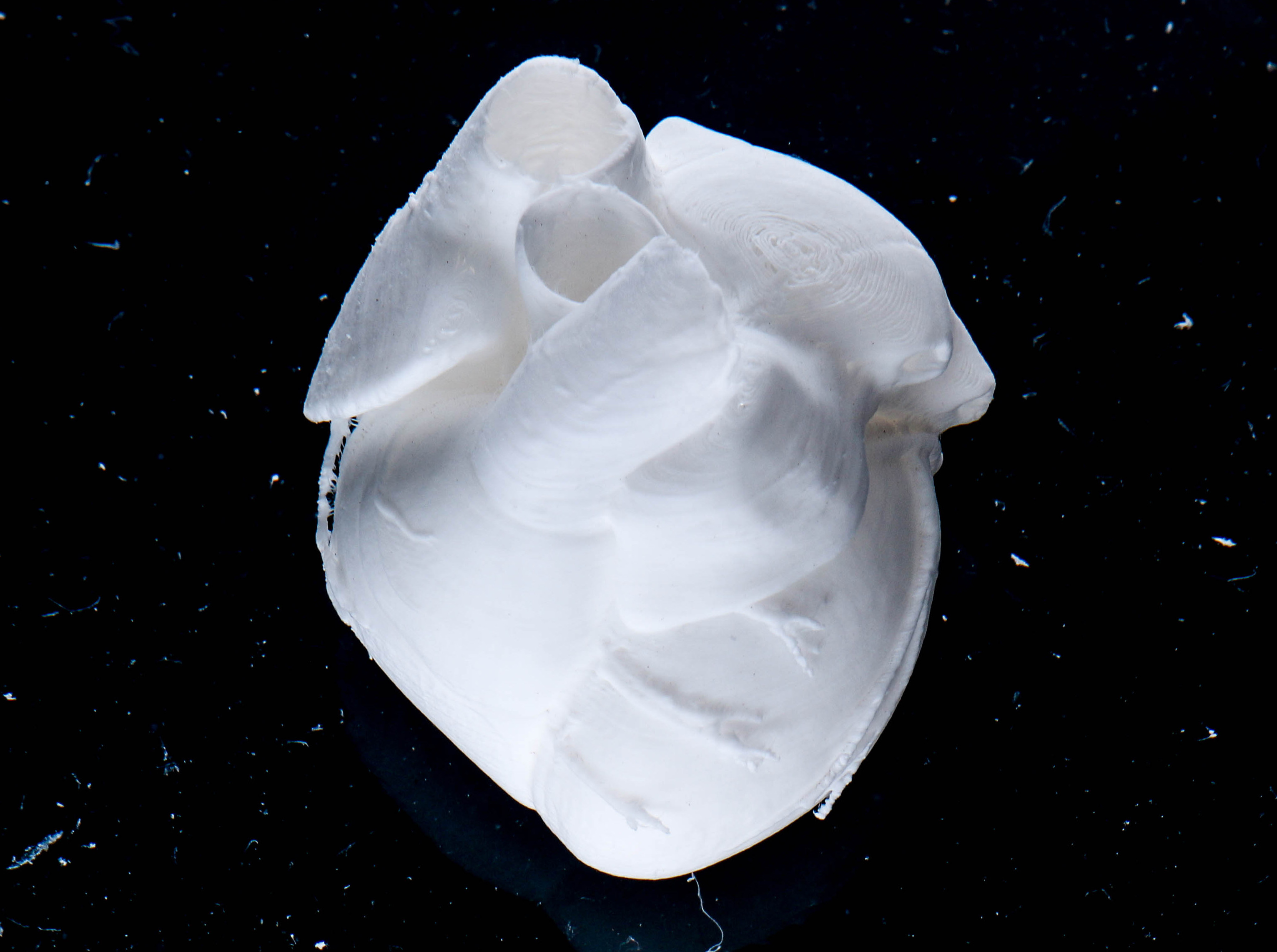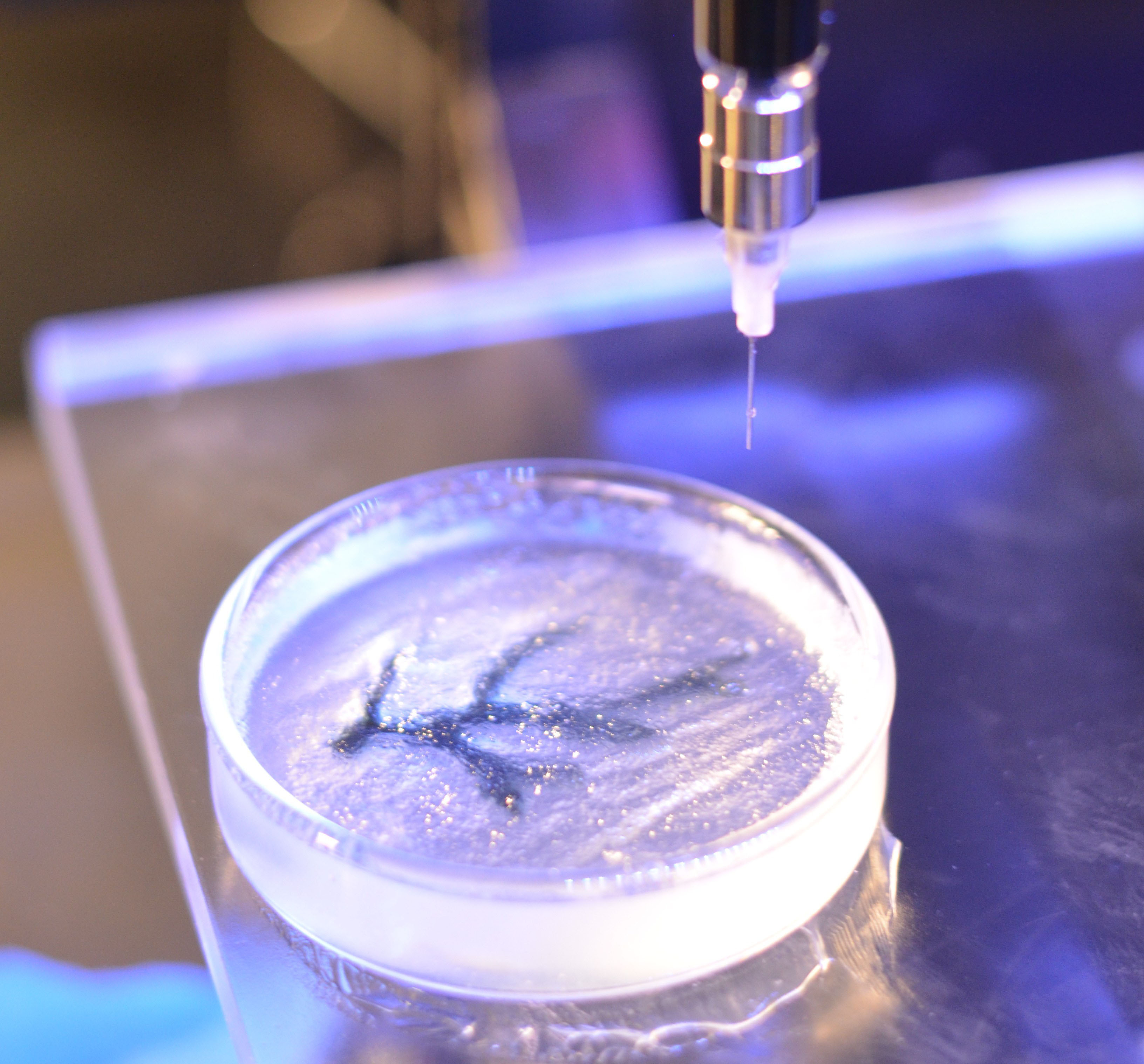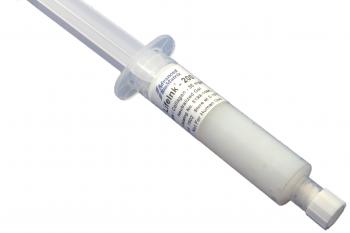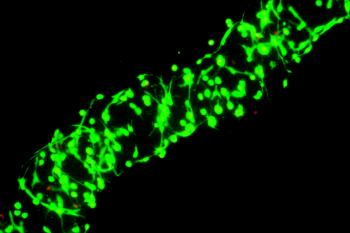Bioprinting
3D Bioprinting
There are a broad range of extremely innovative and advanced methods for 3D bioprinting scaffolds and tissues. The common methods include:
- Extrusion
- Photolithography
- Inkjet
- Multi-photon laser
- Holographic projection
Our expertise at Advanced BioMatrix is with extrusion based bioprinting, though many of our products including methacrylated collagen, methacrylated gelatin, methacrylated hyaluronic acid, and thiolated hyaluronic acid have been used in publications across all of the above mentioned printing methods.
Lifeink® Collagen Bioinks
Lifeink® 200 and Lifeink® 240 are the world's first pure collagen bioinks for extrusion based 3D bioprinting. The human neonatal heart (right) was printed entirely out of Lifeink® 200 as seen in this publication.
Lifeink® 200 is a 35 mg/ml type I collagen that comes pH neutral and isotonic - ready for cell addition or immediate bioprinting.
Lifeink® 220 is a 70 mg/ml type I collagen that comes pH neutral and isotonic - ready for cell addition or immediate bioprinting.
Lifeink® 240 is a 35 mg/ml type I collagen that comes in an acidic pH, optimal for extremely high resolution bioprinting. Lifeink® 240 is neutralized immediately upon extrusion into the buffered LifeSupport® support bath (FRESH printing).
Lifeink® 260 is a 70 mg/ml type I collagen that comes in an acidic pH. Lifeink® 260 is neutralized immediately upon extrusion into the buffered LifeSupport® support bath (FRESH printing).
All of our Lifeink® products are optimal when printed using LifeSupport® for FRESH bioprinting.

FRESH 3D Bioprinting
For extrusion based bioprinting, we recommend using the FRESH method. FRESH stands for Freeform Reversible Embedding of Suspended Hydrogels. The technology utilizes a gelatin support bath, or slurry, that essentially traps your construct in place as you print. You literally print directly inside the slurry, as seen to the right.
In order to print native extracellular matrix proteins without the use of added non-native materials (such as cellulose or alginate), a support material is required. Natural proteins lack rapid crosslinking or structural integrity for verticle 3D printing, without support.
LifeSupport® is the official ready-to-use gelatin support slurry for FRESH bioprinting and has been used to print amazing constructs, including nasal cartilage, a meniscus, heart valves and even an entire heart - out of native ECM proteins.




